Status of the project // Estado del proyecto
Message boards :
News :
Status of the project // Estado del proyecto
Message board moderation
Previous · 1 · 2
| Author | Message |
|---|---|
|
Send message Joined: 14 Apr 22 Posts: 25 Credit: 11,542,281 RAC: 0 |
I noticed we now have Beta work (Myocyte). Is there a new piece of the project getting ready to start? |
 Jesús Carro Jesús CarroSend message Joined: 18 Mar 15 Posts: 319 Credit: 3,765,483 RAC: 0 |
I noticed we now have Beta work (Myocyte). Is there a new piece of the project getting ready to start? Yes... This is a first test, I hope to start sending new work this week to the application HuVeMOp. Best, Jesús. Jesús Carro Universidad San Jorge @InSilicoHeart |
|
Send message Joined: 19 Jan 17 Posts: 22 Credit: 108,205 RAC: 0 |
What about IP block? |
 daniel watkins daniel watkinsSend message Joined: 1 Jun 23 Posts: 1 Credit: 9,176,928 RAC: 0 |
Why does your website keep on crashing for hours at a time? Edit; Looking at discussion above, Sidock project always has work |



